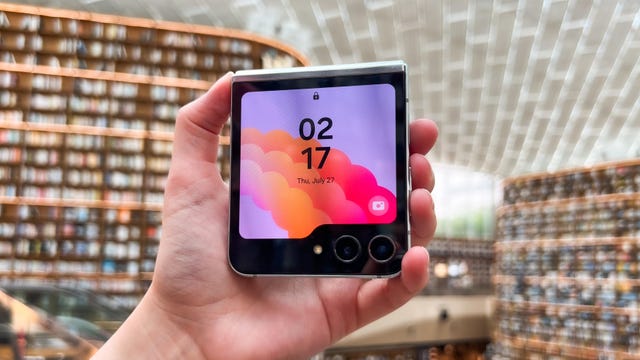Technologies
Samsung Galaxy AI: Everything We Know So Far
Samsung’s Galaxy S24 series will likely be the first devices with Galaxy AI. Here’s what to expect.
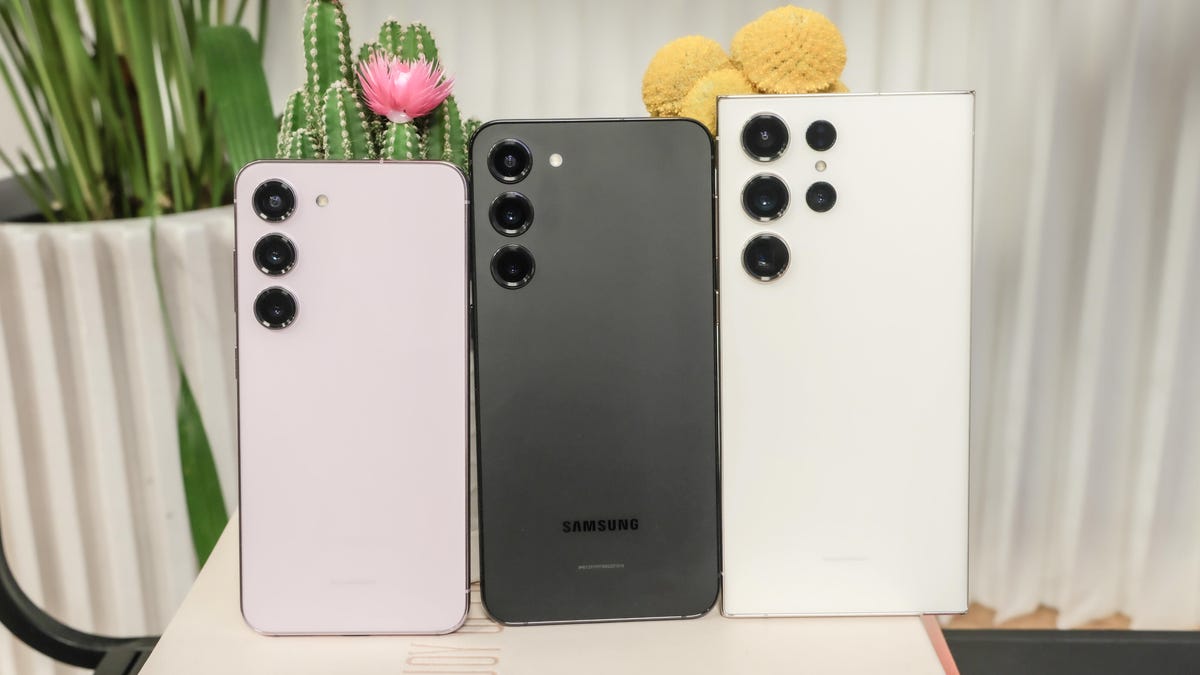
Samsung’s new Galaxy phones usually have high-resolution cameras, bright screens and sharp designs. But the rumored Galaxy S24 series, which will likely debut at Samsung’s next Galaxy Unpacked event on Jan. 17, may stand out from its predecessors in a big way. New software features rather than fresh hardware could be the S24’s biggest attraction.
That’s because Samsung is expected to bring more generative AI-powered features to its next major phones. The company recently announced its own AI model, as well as Galaxy AI, a new AI «experience» for mobile devices, and it seems likely these technologies will play a big role in the Galaxy S24.
Generative AI, or AI that can churn out conversational (but not always accurate) answers to prompts based on training data, was everywhere in the tech world in 2023. That applies to smartphones too, especially toward the end of the year, as Google unveiled the Pixel 8 series and Qualcomm and MediaTek introduced new phone chips optimized for AI.
Read more: Best Phone of 2023
Here’s a look at what we know so far about Samsung’s potential AI plans for its next major smartphone release.
What is Galaxy AI?
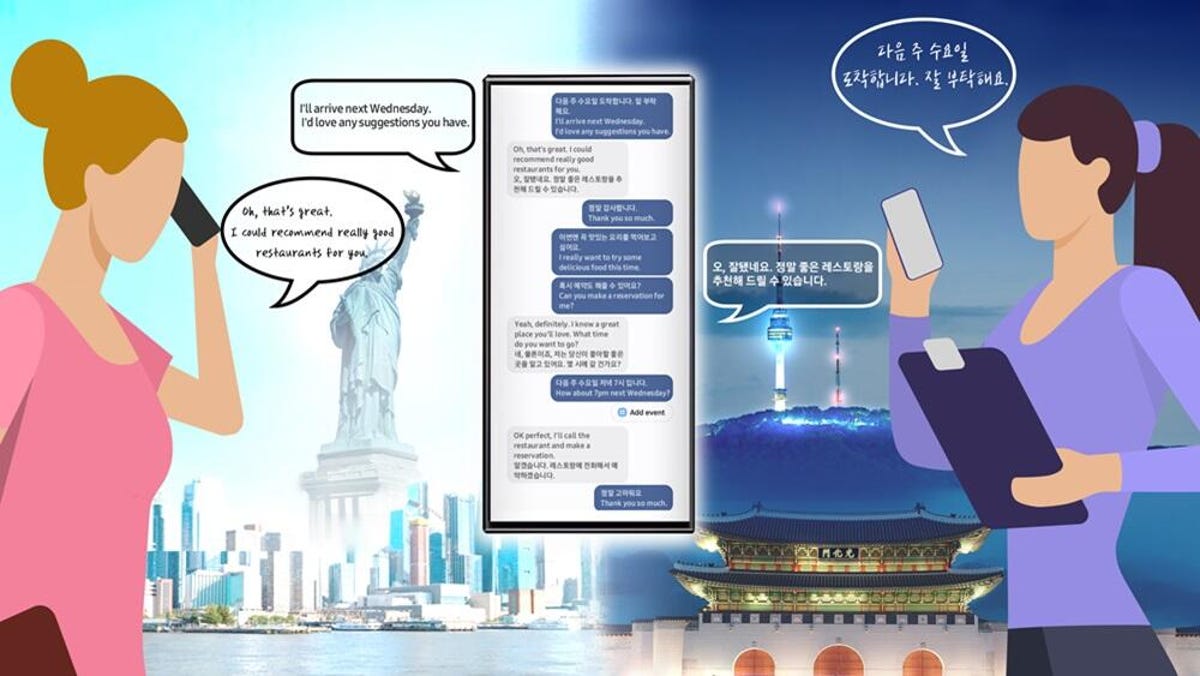
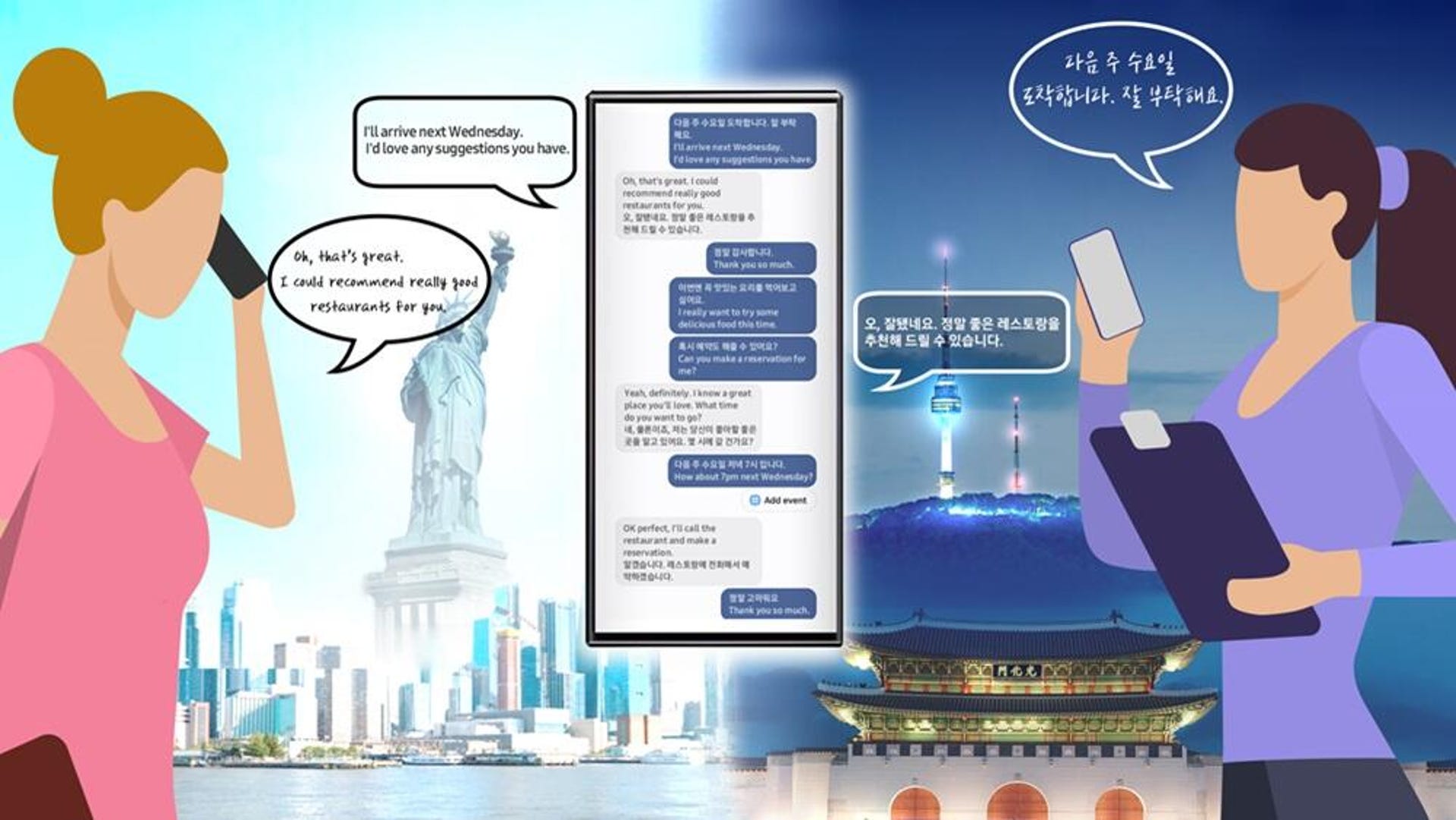
We don’t know much about Galaxy AI yet. But Samsung describes it as a «comprehensive mobile AI experience» and «universal intelligence on your phone.» Samsung mentions communication, productivity and creativity as areas where Galaxy AI will show up on its phones, meaning it’s possible we’ll see Galaxy AI features in Samsung apps like phone, messages, S Note and the camera.
But that’s just speculation, we won’t know for sure until Samsung reveals more details. Samsung says Galaxy AI will arrive early next year, which means there’s a good chance it’ll debut with the Galaxy S24 series.
Samsung provided one example of how Galaxy AI will appear in future phones. AI Live Translate Call, which the company says will be available on «the latest Galaxy AI phone,» will provide audio and text translations in real time during phone calls made through Samsung’s native phone app. It sounds similar to the Pixel Live Caption feature currently available on Pixel phones.
Based on Samsung’s press release, it sounds like certain Galaxy AI features would be processed on the device to preserve privacy, while others could be executed in the cloud. AI Live Translate Call is one such example of a feature that would work locally.
AI isn’t new to Samsung phones

Generative AI may be having a moment, but AI has powered many smartphone features for years, particularly voice assistants, language translation apps and photography tools like portrait mode. Samsung has already been ramping up the use of AI in its phones, and its existing efforts could provide a hint at what’s to come with Galaxy AI.
In early 2023, Samsung upgraded its Bixby voice-enabled helper with a few new tricks, such as the ability to have it blend traditional phone calls with texting through Bixby Text Call. As the name implies, it allows you to answer a call and carry out a conversation via texting while the caller speaks verbally, with Bixby acting as the intermediary.
You can even clone your voice to make Bixby sound like you when it reads your texts to the caller. Samsung also expanded Bixby’s offline functionality with support for certain commands without an internet connection, such as setting a timer or activating the flashlight.
Read more: Best Samsung Phone of 2023
Samsung’s description of Galaxy AI sounds a bit like a supercharged, updated version of Bixby. And Bixby’s recent direction feels aligned with where Galaxy AI could be going, especially with features like Bixby Text Call. But given that Samsung has broadened Bixby’s role in its smart home platform, it seems unlikely that Galaxy AI would wholly replace the company’s 6-year-old voice assistant.
Instead, I could see Galaxy AI serving as an umbrella term for various AI-powered phone features, including those that work through Bixby. Or maybe it’ll be a rebrand of Bixby’s phone-centric features. We’ll know for sure when Samsung has more to say.
An AI-centric processor for the Galaxy S24

The Galaxy S24 will likely have a new chip to fuel Galaxy AI and other similar features. Samsung typically puts the latest Qualcomm chip in the version of its Galaxy S phones sold in certain markets, like the US, while its Exynos processors power other international models.
If the Galaxy S24 is indeed powered by Qualcomm’s new Snapdragon 8 Gen 3 processor, it should be well equipped to handle plenty of AI tasks. When Qualcomm announced the chip in October, it emphasized its ability to run AI models and perform AI actions both locally on the device and in the cloud.
Qualcomm showed off various use cases for AI on smartphones during its Snapdragon Summit in October, including a virtual assistant that can summarize phone calls and provide notes and suggestions afterward. The chip can also «zoom out» on photos that have already been captured, by analyzing the photo to fill the frame. But of course, it’s up to phone-makers like Samsung to put the technology to use in their own devices.
Samsung’s new Exynos 2400 mobile chip was also designed with AI in mind, with the company claiming it offers a nearly 15-times improvement in AI performance over the older Exynos 2200 processor. Samsung also demonstrated how the new chip can enable text-to-image generation, during its LSI Tech Day event in October, according to the company’s press release.
Read more: I Could’ve Used Qualcomm’s ChatGPT-Like Phone AI on My Trip to Hawaii
Based on these new chips, it sounds like both the Qualcomm and Exynos versions of Samsung’s next phones could share the same AI features. Since these processors are optimized for AI tasks, there’s also a chance Galaxy AI could be exclusive to the Galaxy S24 lineup — similar to how certain Pixel features work only on the Pixel 8 Pro or other devices running on Google’s Tensor chips. However, Samsung regularly releases new software features through its One UI updates, so it’s possible certain AI features that don’t require on-device processing could trickle down to older devices.
There’s a lot of hype around generative AI, and Samsung is known for integrating new technologies into its products early — sometimes while it’s still figuring out whether they’re truly valuable to the overall experience. Remember the Galaxy S4’s eye tracking features? What about the Galaxy Note Edge’s curved sidebar?
The good news is that gimmicky features like these no longer define Samsung’s approach to smartphones, as evidenced by its simpler approach to the Galaxy S series in recent years and the success of its foldable phones. But 2024 will still be the year in which AI has to prove its purpose on smartphones, and it looks like that will start with Samsung.
Editors’ note: CNET is using an AI engine to help create some stories. For more, see this post.
Technologies
Today’s NYT Strands Hints, Answers and Help for Nov. 28 #635
Here are hints and answers for the NYT Strands puzzle for Nov. 28, No. 635.
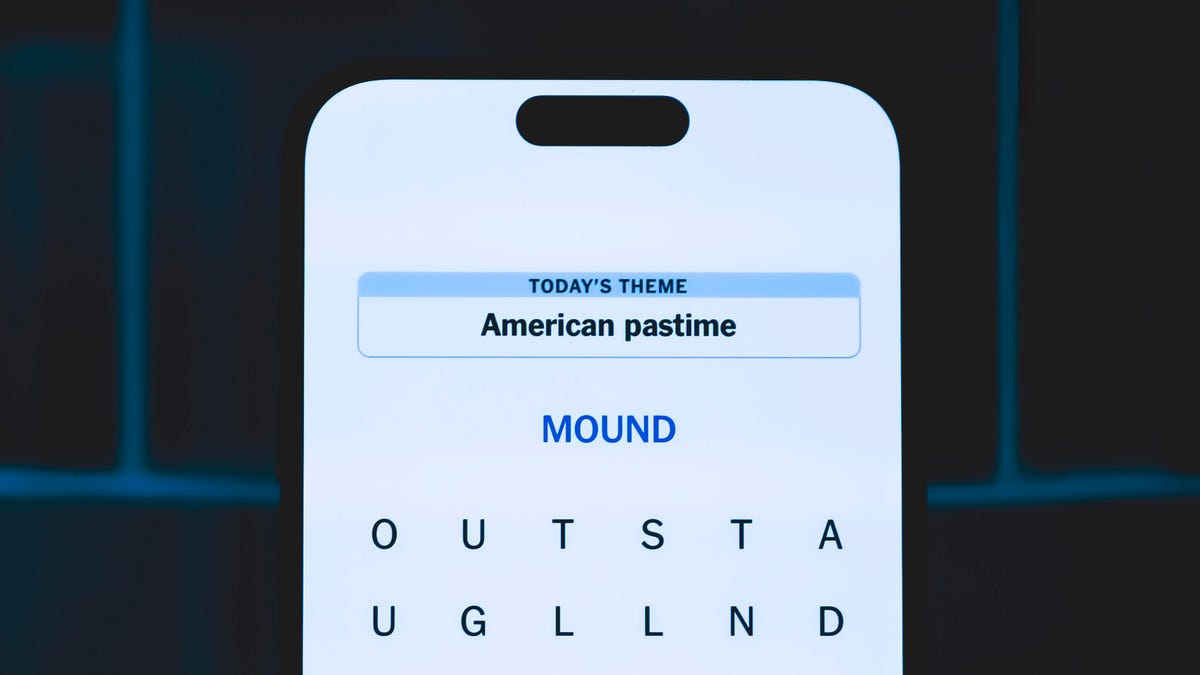
Looking for the most recent Strands answer? Click here for our daily Strands hints, as well as our daily answers and hints for The New York Times Mini Crossword, Wordle, Connections and Connections: Sports Edition puzzles.
Today’s NYT Strands puzzle is pretty tricky. If you’re not familiar with certain superstitious beliefs, you might not find all the answers. And some of the answers are difficult to unscramble, so if you need hints and answers, read on.
I go into depth about the rules for Strands in this story.
If you’re looking for today’s Wordle, Connections and Mini Crossword answers, you can visit CNET’s NYT puzzle hints page.
Read more: NYT Connections Turns 1: These Are the 5 Toughest Puzzles So Far
Hint for today’s Strands puzzle
Today’s Strands theme is: If all else fails…
If that doesn’t help you, here’s a clue: Don’t tell, it won’t come true.
Clue words to unlock in-game hints
Your goal is to find hidden words that fit the puzzle’s theme. If you’re stuck, find any words you can. Every time you find three words of four letters or more, Strands will reveal one of the theme words. These are the words I used to get those hints but any words of four or more letters that you find will work:
- GLUB, RATS, TARN, DALE, FONT, FOUNT, LASH
Answers for today’s Strands puzzle
These are the answers that tie into the theme. The goal of the puzzle is to find them all, including the spangram, a theme word that reaches from one side of the puzzle to the other. When you have all of them (I originally thought there were always eight but learned that the number can vary), every letter on the board will be used. Here are the nonspangram answers:
- DANDELION, STAR, COIN, FOUNTAIN, LADYBUG, EYELASH
Today’s Strands spangram
Today’s Strands spangram is MAKEAWISH. To find it, start with the M that’s three letters down on the far right, and wind backwards.
Technologies
Today’s NYT Connections Hints, Answers and Help for Nov. 28, #901
Here are some hints and the answers for the NYT Connections puzzle for Nov. 28, #901.
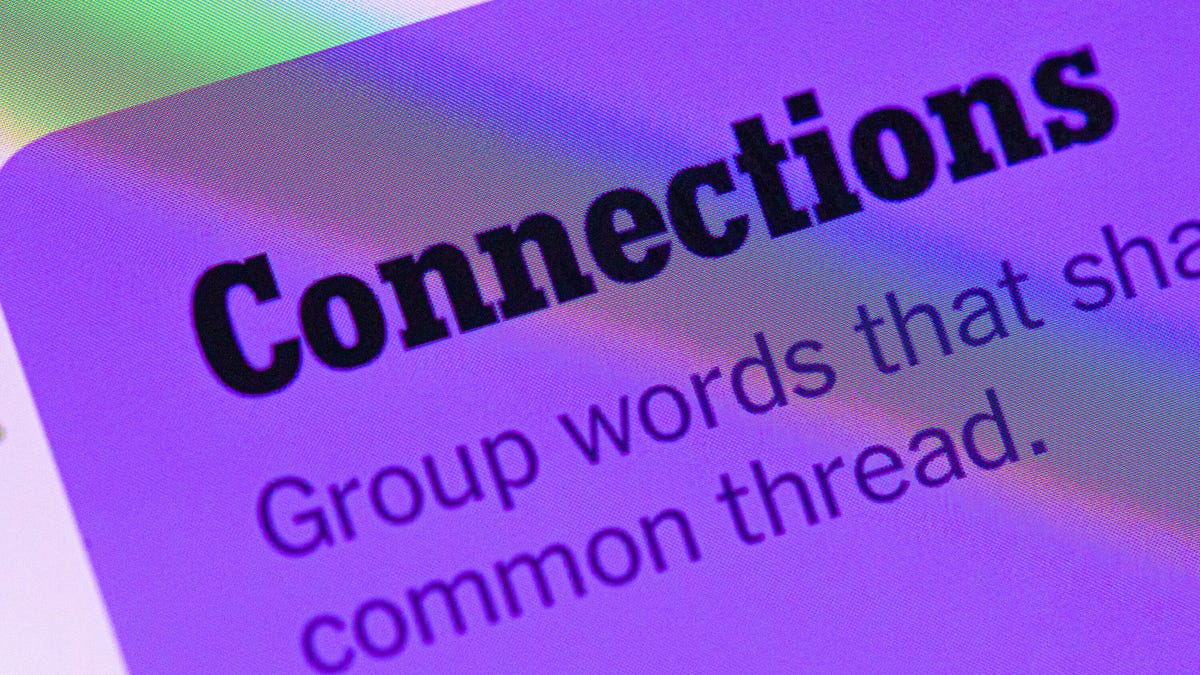
Looking for the most recent Connections answers? Click here for today’s Connections hints, as well as our daily answers and hints for The New York Times Mini Crossword, Wordle, Connections: Sports Edition and Strands puzzles.
Today’s NYT Connections puzzle is kind of tough. If you need help sorting the answers into groups, you’re in the right place. Read on for clues and today’s Connections answers.
The Times now has a Connections Bot, like the one for Wordle. Go there after you play to receive a numeric score and to have the program analyze your answers. Players who are registered with the Times Games section can now nerd out by following their progress, including the number of puzzles completed, win rate, number of times they nabbed a perfect score and their win streak.
Read more: Hints, Tips and Strategies to Help You Win at NYT Connections Every Time
Hints for today’s Connections groups
Here are four hints for the groupings in today’s Connections puzzle, ranked from the easiest yellow group to the tough (and sometimes bizarre) purple group.
Yellow group hint: Appropriate.
Green group hint: I win!
Blue group hint: Musical instrument.
Purple group hint: Time to talk.
Answers for today’s Connections groups
Yellow group: Fitting.
Green group: Achieve victory over.
Blue group: Parts of an electric guitar.
Purple group: Phonetic elements of speech.
Read more: Wordle Cheat Sheet: Here Are the Most Popular Letters Used in English Words
What are today’s Connections answers?
The yellow words in today’s Connections
The theme is fitting. The four answers are fair, just, proper and right.
The green words in today’s Connections
The theme is achieve victory over. The four answers are beat, best, take and worst.
The blue words in today’s Connections
The theme is parts of an electric guitar. The four answers are fret, peg, pickup and string.
The purple words in today’s Connections
The theme is phonetic elements of speech. The four answers are intonation, loudness, rhythm and stress.
Technologies
Anker’s New MagSafe Car Mount Keeps Your Phone Cool While Charging, and It’s 30% Off for Black Friday
Get wired-like charging speeds and MagSafe compatibility with Anker’s wireless car charging bundle for $62.99.
Black Friday is the best time of the year to upgrade the little essentials that make your everyday tech life more pleasant. I’ve found the perfect deal to amp up the phone charging setup in your car. This Anker MagSafe wireless car charging bundle is 30% off for the holidays, and it gives your iPhone a fast and steady way to power up while you navigate. It delivers up to 25-watt wireless charging speeds and with onboard active cooling, your phone stays comfortable to the touch.
Get it now for $62.99 verses the list price of $89.99.
What sets this charger apart is that its performance and cooling tech is built into a surprisingly compact package. The stand uses an ultra-strong Qi2 magnetic lock to keep your phone secure through bumps and turns. You can even tilt the mount and switch between portrait and landscape modes for navigation without blocking the view. The bundle has everything you need to get started including a 60-watt dual-USB-C charger, an adequately long USB-C cable, and cable organizers for a clean setup. Anker also includes a two-year warranty for peace of mind.
If you are getting your car prepped up for driving to a holiday vacation or just need a faster charging mount for your daily commute, this deal makes a lot of sense. CNET’s experts are also tracking more Black Friday and Cyber Monday picks across Apple products, headphones, and more, so you can score more savings before the sales season wraps up.
MOBILE DEALS OF THE WEEK
-
$749 (save $250)
-
$475 (save $175)
-
$499 (save $300)
-
$900 (save $400)
Why this deal matters
A high quality charger is a great addition to any car to speedily top up your phone on the go. You will especially want to look out for options from a top-tier brand like Anker for its fast charging speeds and reliability. This Black Friday deal is an excellent opportunity to save big on a staple car accessory. With holiday shopping heating up and tech accessories being one of the most popular categories, we expect the deal to sell out quick. So don’t wait too long before jumping on it.
Don’t miss any of our unbiased tech content and lab-based reviews. Add CNET as a preferred Google source.
Join Our Daily Deals Text Group!
Get hand-picked deals from CNET shopping experts straight to your phone.
By signing up, you confirm you are 16+ and agree to receive recurring marketing messages at the phone number provided. Consent is not a condition of purchase. Reply STOP to unsubscribe. Msg & data rates may apply. View our Privacy Policy and Terms of Use.
-

 Technologies3 года ago
Technologies3 года agoTech Companies Need to Be Held Accountable for Security, Experts Say
-

 Technologies3 года ago
Technologies3 года agoBest Handheld Game Console in 2023
-

 Technologies3 года ago
Technologies3 года agoTighten Up Your VR Game With the Best Head Straps for Quest 2
-

 Technologies4 года ago
Technologies4 года agoBlack Friday 2021: The best deals on TVs, headphones, kitchenware, and more
-

 Technologies4 года ago
Technologies4 года agoVerum, Wickr and Threema: next generation secured messengers
-

 Technologies4 года ago
Technologies4 года agoGoogle to require vaccinations as Silicon Valley rethinks return-to-office policies
-

 Technologies4 года ago
Technologies4 года agoOlivia Harlan Dekker for Verum Messenger
-

 Technologies4 года ago
Technologies4 года agoiPhone 13 event: How to watch Apple’s big announcement tomorrow

